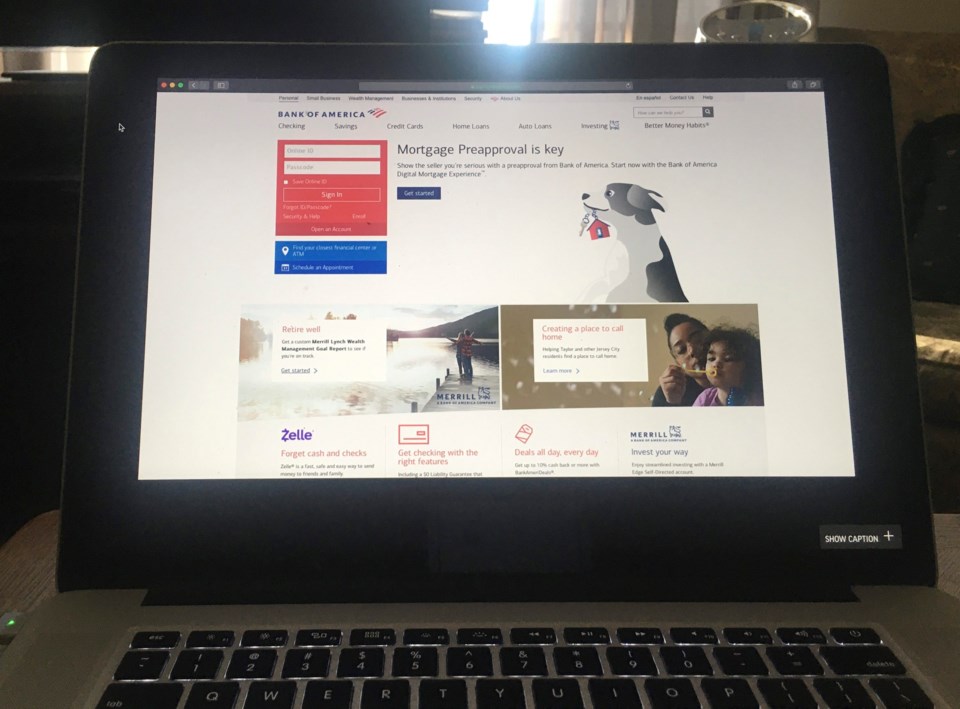If the coronavirus has you self-isolating, you’re likely more concerned about staying in touch with loved ones and carefully planning your grocery excursions than about changing your money routine.
But if you’re concerned about how to do your everyday financial tasks from home, consider starting to bank online — especially if your bank has temporarily closed its locations. Handling your finances remotely can be convenient even after you feel safe returning to a branch.
“It’s everyone’s responsibility to prevent the spread of COVID-19,’’ says Richard Crone, a payments expert and CEO of Crone Consulting, LLC. “For the safety of consumers, the bank staff, all our families and the community, nobody should be walking into a branch. Financial services can all be obtained digitally. It’s a risk we don’t have to take.”
WHAT IS ONLINE BANKING?
Online banking lets you manage your accounts through your desktop or mobile devices. You can typically perform tasks such as transferring funds, paying bills, depositing checks and checking your account balances.
If you have questions that you need a human to answer, you can usually reach out to the bank’s customer service reps via phone, social media, email or online chat as well.
There are many online-only banks, but these days, most brick-and-mortar banks also have online services their customers can use from home (or elsewhere). Banking apps and bank
IS ONLINE BANKING SAFE?
Banking sites and apps take many steps to keep your money secure. Mobile banking apps often offer two-factor authentication, which requires you to login with your password as well as an additional code sent via email, call or text. Smartphone logins can be protected with passwords and sometimes biometric measures, like fingerprints or face recognition. Apple users, for example, can set up Face ID on their iPhones so that the device has to recognize the user’s face before they can sign in to a banking app. Bank
These mobile safety features can make other financial tasks simple and secure as well, such as using your smartphone’s wallet app to make contactless payments.
“It’s much safer to bank, and pay, with your mobile device,” Crone says.
And of course, in terms of the coronavirus, banking online will help you follow isolation recommendations.
WHAT ARE THE PERKS OF BANKING ONLINE?
— Most banking services can be done remotely. The only thing you can’t do from home is deposit and withdraw physical cash. If that’s a necessity for you, most banks have large ATM networks, and you can use your bank’s
If your current bank’s services aren’t mobile- or desktop-friendly, you can consider opening a new account with a tech-savvy bank that allows online applications. Crone anticipates that these kinds of banks will see a boom in customers in the near future as more people begin to bank remotely and avoid branches.
— Banking online saves time. Instead of driving to a branch, waiting in line and talking to a teller, you can finish your banking with a few taps on your smartphone.
— Sometimes you’ll get better interest rates. Online-only banks, which don’t have many (or any) branches, tend to have higher interest rates, too. They save money on operational overhead, allowing them to pass the savings on to consumers.
If you’ve been waiting to download your bank’s mobile app or tour your account services from your desktop computer, now is a good time to start.
_________________________________
This article originally appeared on the personal finance
Related links:
NerdWallet: What are online banks? Learn the pros and cons https://bit.ly/pros-cons-online-banking
NerdWallet: Is online banking safe? How to boost your banking security https://bit.ly/online-banking-security
NerdWallet: How to open a bank account online https://bit.ly/open-bank-account-online
Chanelle Bessette Of Nerdwallet, The Associated Press



